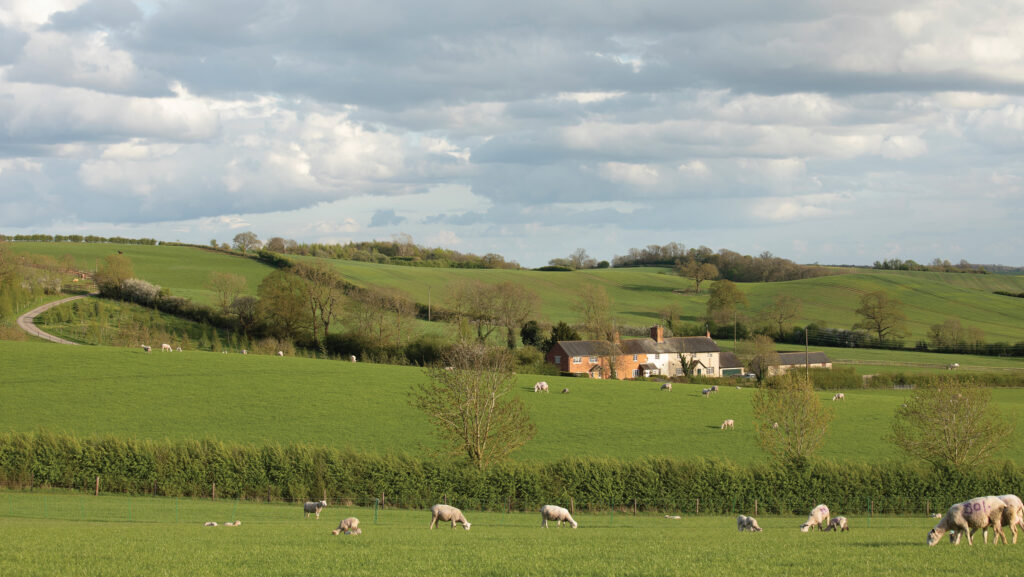Business Clinic: What’s the best way to change accountants?
 Pete Holyoak/ Istockphoto
Pete Holyoak/ Istockphoto Whether it’s a legal, tax, insurance, management or land issue, Farmers Weekly’s Business Clinic experts can help.
Here, Kate Bell, a partner with accountant Albert Goodman sets out considerations for a reader wanting to change their accountant.
See also: Business Clinic: should our dairy business stay as a partnership?
Q: We are not happy with our current accountant due to an apparent lack of tax knowledge, despite them being said to be an agricultural specialist.
Consequently, we are looking to move to another firm. What is your experience of clients moving firms and what do you advise?
A: If you are unhappy with your accountant, first be clear on what you want from them. It may be worth discussing this with your current adviser, as some issues can be resolved by resetting expectations.
That said, many firms market themselves as “agricultural specialists” but are not always sufficiently experienced or up to date with the frequent changes affecting farming businesses.
Others may once have been specialists but, with staff changes, are no longer as strong.
The role of a genuine agricultural accountant is more important than ever, particularly with the challenges facing farming and proposed inheritance tax (IHT) reforms.
A good agricultural accountant combines tax expertise with sector knowledge, provides strategic advice beyond compliance, and can communicate clearly with family members.
They should cover:
- Sole trade and partnership accounts
- Company accounts and corporate tax (and advising on business structures)
- Capital allowances – maximising relief on qualifying expenditure
- Personal tax, including:
- Two- and five-year averaging
- Herd basis
- Stock valuations
- Hobby farming rules – and knowledge of when HMRC might challenge trading losses
- Capital taxes – both capital gains tax (CGT) and IHT
Red flags
With income tax charged at up to 45% and inheritance tax at 40%, a good accountant ensures profits and assets are protected.
Red flags we’ve seen from previous accountants include:
- Failing to claim capital allowances on assets like silage pits and slurry stores
- Not using five-year averaging, resulting in excess tax (of which some we later claimed back)
- Incorrect or incomplete claims, e.g. on gift holdover relief from CGT
- No IHT advice, leaving clients wrongly assuming no liability
- Ignoring opportunities for tax-efficient remuneration between family members
- No fixed asset register, something which is critical for understanding partnership assets
- Poor planning on asset transfers and retaining a benefit, leading HMRC to disregard gifts and leading to a higher than necessary IHT liability
Farming partnerships are unique and shouldn’t be underestimated.
A true specialist should also liaise with other trusted professionals and review wills, partnership agreements, and succession plans as part of the service.
Moving accountants
Changing accountants is usually straightforward.
Chartered accountants (Associate Chartered Accountants (ACA) are qualified through the Institute of Chartered Accountants in England and Wales).
Chartered Certified Accountants (qualified with the Association of Chartered Certified Accountants ) are bound by professional standards to provide the necessary tax and accounting information when a client moves.
Your new accountant will likely ask many questions in the first year to fully understand the business and family dynamics.
This is normal, as information on history and relationships is not usually included in a handover.
To make the process smooth:
- Leave on good terms
- Pay all outstanding fees promptly
Do you have a question for the panel? Outline your legal, tax, finance, insurance or farm management question in no more than 350 words and Farmers Weekly will put it to a member of the panel. Please give as much information as possible. Email your question to FW-Businessclinic@markallengroup.com using the subject line “Business Clinic”.
